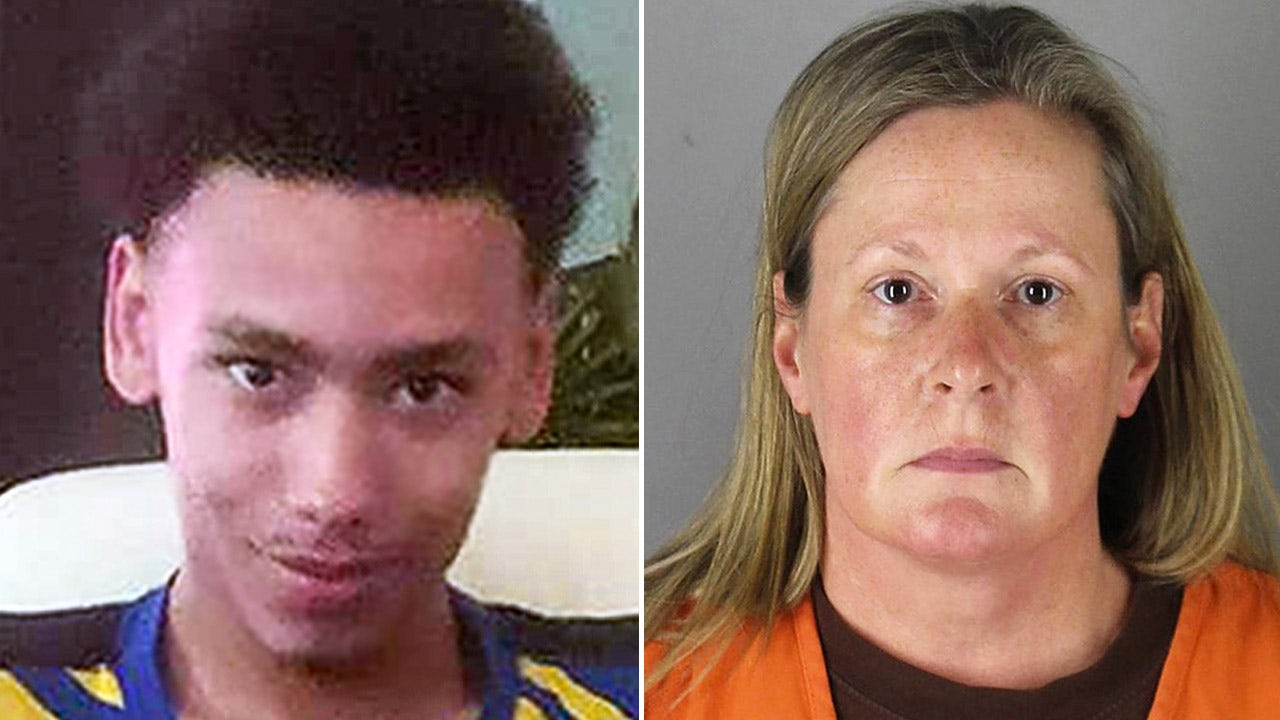
Kim Potter trial: What is ‘spark of life’ testimony?
Fox News
Jurors overseeing the Minneapolis manslaughter trial for former Brooklyn Center, Minnesota, police officer Kim Potter have testimony from several people so far, including loved ones of the man whom she shot and killed last April.
Minnesota is one of the rare states that allows prosecutors to call witnesses to the stand to provide character witness-type testimony under the "spark of life" doctrine. In this screen grab from police video, prosecutor Erin Eldridge shows evidence from the traffic stop of Daunte Wright as she delivers the state's opening statement as Hennepin County Judge Regina Chu presides over court Wednesday, Dec. 8, 2021, in the trial of former Brooklyn Center police Officer Kim Potter in the April 11, 2021, death of Daunte Wright, at the Hennepin County Courthouse in Minneapolis, Minn. (Court TV via AP, Pool) In this image taken from police video played during the trial of former Brooklyn Center police Officer Kim Potter on Wednesday, Dec. 8, 2021, in Minneapolis, Potters, on ground, reacts after the traffic stop of Daunte Wright on the April 11, 2021. (Court TV via AP, Pool) In this image taken from police video played during the trial of former Brooklyn Center police Officer Kim Potter on Wednesday, Dec. 8, 2021, in Minneapolis, Potters, right, is seen after the traffic stop of Daunte Wright on the April 11, 2021. (Court TV via AP, Pool) In this image provided by the prosecution shows Officer Kim Potter's deny belt as the state delivers their opening statement as Hennepin County Judge Regina Chu presides over court Wednesday, Dec. 8, 2021, in the trial of former Brooklyn Center police Officer Kim Potter in the April 11, 2021, death of Daunte Wright, at the Hennepin County Courthouse in Minneapolis, Minn. (Court TV via AP, Pool) (Court TV via AP, Pool)
The doctrine was established in 1985, when a defendant accused of killing a police officer argued to the Minnesota Supreme Court that the prosecutor prejudiced the jury with a speech about the officer’s childhood, his parents and his marriage. The prosecutor became so emotional the trial court had to take a recess.













